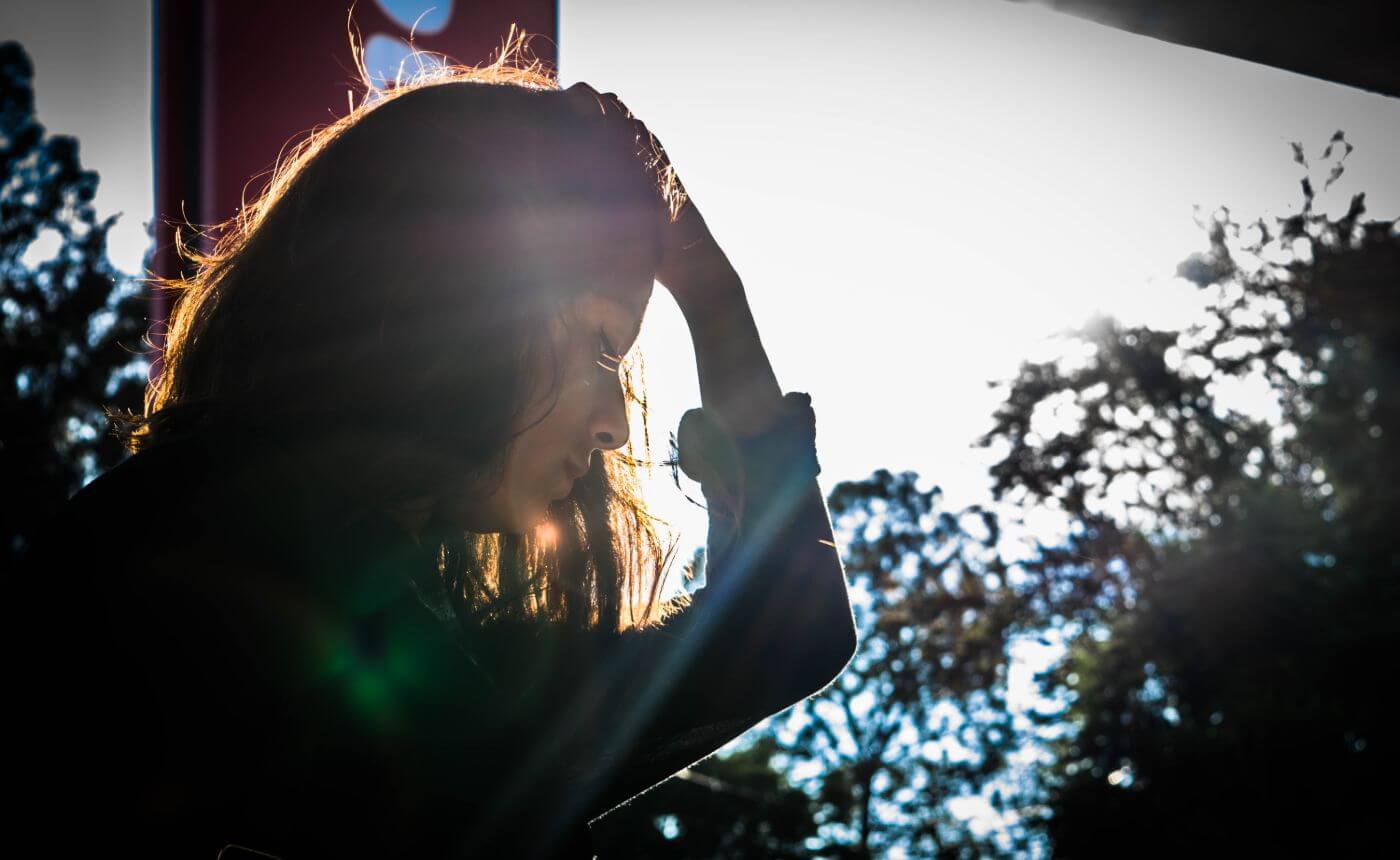It’s something I should probably keep to myself, but I’ll admit it here anyway: Keeping Up with the Kardashians is my guilty pleasure.
I entirely understand much of the criticism they are subjected to, but I cannot help myself from sinking into my sofa every Sunday and watching what the most famous family in the world have been up to.
However, there is one thing that I have been unable to forgive and forget over the years, and that’s Khloe Kardashian’s continuous use of the term ‘KHLO-C-D.’
Fans of the show will be familiar with how Khloe proudly speaks about how she arranges her cookies in perfect rows, keeps items in her car compartmentalized and likes to have an organised fridge.

She even created a video series titled KHLO-C-D, where she shares tips and tricks to inspire viewers to become a little more organised.
Perhaps Khloe doesn’t realise that she is engaging in what one Twitter user calls “a disgusting appropriation of a life-altering disorder,” diminishing an illness that prevents many sufferers from going about their normal daily life.
However, while it is unforgivable, it is sadly not unusual.
Friends joking they are “so bipolar” after snapping at their partner, people saying their “anxiety is just the worst” without fully comprehending the implications of their comment or celebrities joking they are “just so OCD” as they tidy their room are comments that are all too familiar.
It’s difficult to say anything in the moment, as these throwaway comments are rarely said with malice. Nevertheless, they can be incredibly triggering for sufferers, serving to dilute their experiences and trivialise mental health issues.
One of the biggest issues with these comments is the fact they often feed into common misconceptions of the mental illness at hand.
For example, OCD is often considered as a desire to keep things clean. It only takes a quick conversation with a handful of suffers to reveal that oftentimes, it has very little to do with things being clean.
In reality, it is a condition that has been ranked as one of the most debilitating in the world by the World Health organisation, involving overwhelming obsessive thoughts and compulsive activity on a large spectrum of different issues.
Such comments can also prevent sufferers without access to immediate medical care or therapy from being able to start to diagnose their condition.
If they do not fit the stereotype that they see represented on television or that they hear in everyday discourse, they struggle to believe that they are suffering from the same mental illness.
Yet any sufferer would agree that mental illness rarely fits a stereotype.
100 individuals are likely to experience the very ‘same’ mental illness in a myriad of different ways, and things like anxiety, OCD, bipolar or depression can never be boiled down to one sentence or stereotype.
I don’t need to go into the many ways that this year has caused us all intense emotional and mental turmoil, but suffice to say that for many people, their mental state has deteriorated.
More than ever before, it’s vital that rather than diluting the experience of mental health suffers, we start to show more compassion and understanding of what they are going through.
That starts with ditching the everyday jokes around mental health and listening to true accounts from brave individuals who are willing to share their stories.



